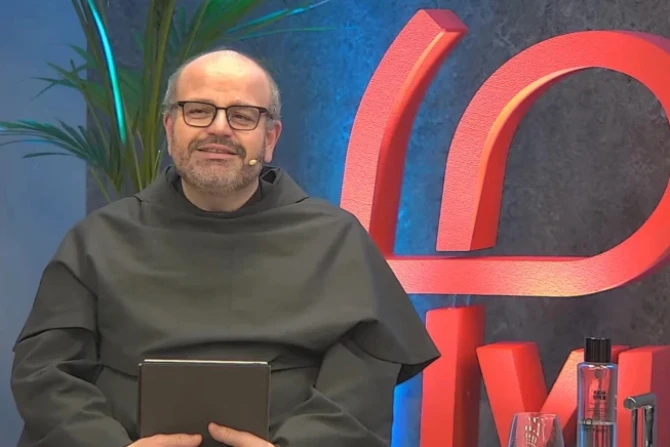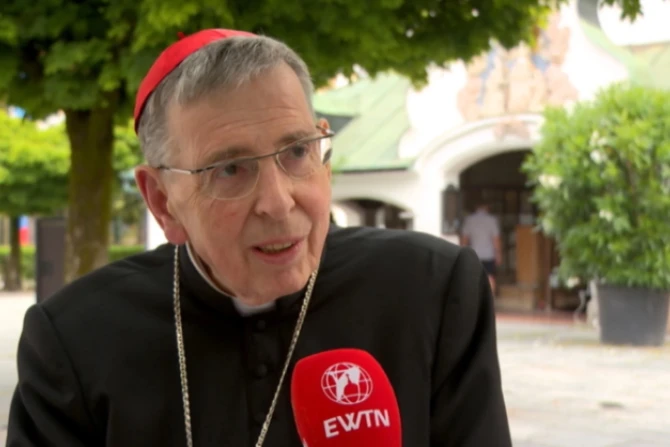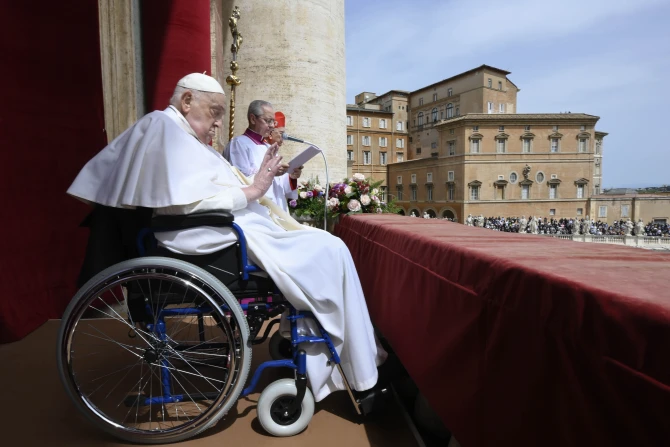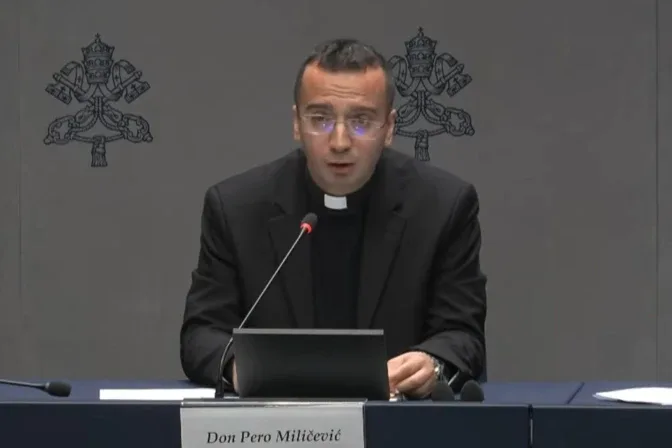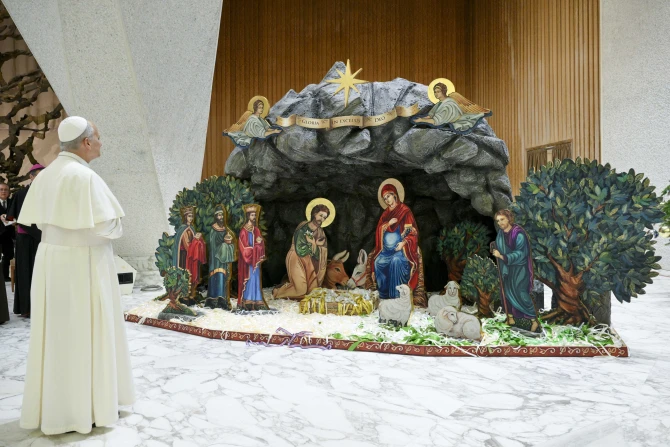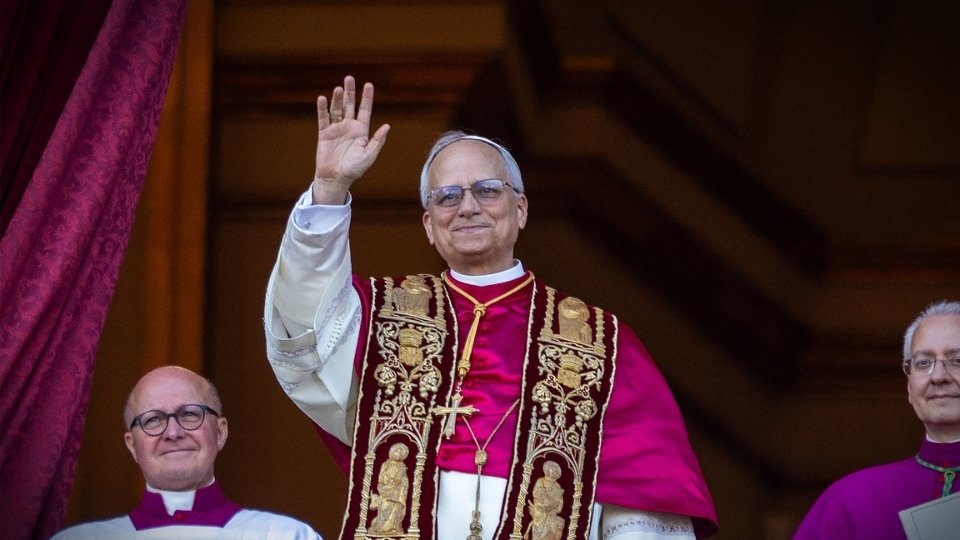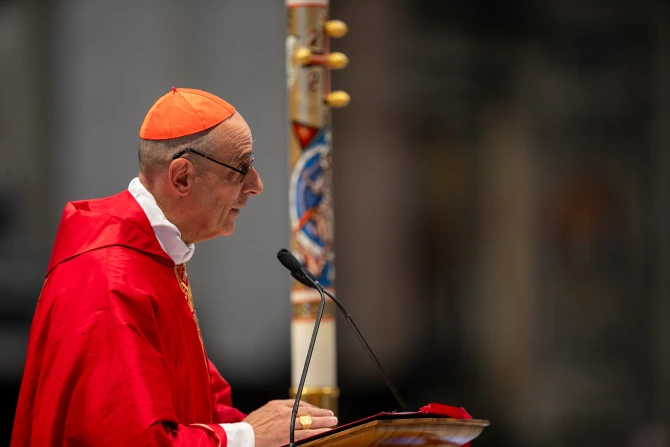Franciscan friar Paolo Benanti, an expert in artificial intelligence (AI), warned of its ethical risks during a colloquium organized by the Paul VI Foundation in Madrid, pointing out that “the people who control this type of technology control reality.”
The Italian priest, president of the Italian government’s Commission for Artificial Intelligence, emphasized that “the reality we are facing is different from that of 10 or 15 years ago and it’s a reality defined by software.”
“This starting point has an impact on the way in which we exercise the three classic rights connected with the ownership of a thing: use, abuse, and usufruct,” he explained. (The Cambridge Dictionary defines usufruct as “the legal right to use someone else’s propertytemporarily and to keep any profit made from it.”)
This is especially true regarding usufruct, because “the values that you produce with the use of these devices are not yours but go to the cloud,” Benanti noted.
“So who are those who do not have the usufruct of things? The slaves,” he explained.
Therefore, he encouraged reflection on what it means to live in a reality defined by software. “We have to have an ethical approach to technology” and in particular to those linked to artificial intelligence, he said, “because they are the ones that shape the reality of our world, and the people who control this type of technology control reality.”
“We have to recognize that we live in a different reality. Software is not secondary but questions what reality is, what property is, what are the rights we have,” the Franciscan said.
Centralization and decentralization of power
Secondly, the Franciscan explained how the development of computer technology after the Second World War has produced different processes related to power, democracy, and privacy.
In the 1970s, decentralizing processes took place in the United States and Europe that led to the creation years later of personal computers that “allowed everyone to have access to very simple things.”
In the 1990s, after the fall of the Berlin Wall, the idea was that a more liberalized market “would lead to greater well-being and promote the liberal democracy model in countries with other models. However, this policy “made China richer, but not more democratic,” the AI expert continued.
Thus, Western democratic values entered into crisis when it was realized that “you can be rich and have well-being without being democratic,” he observed.
In the so-called Arab Spring of 2011, the use of mobile phones showed the “the power of personal computers.” But soon after, this power began to be suspected: “Mobile phones were no longer the allies of democracy but the worst ally of fake news, polarization, post-truth, and all that kind of thing,” Benanti noted.
With the arrival of the COVID-19 pandemic and the lockdowns, “we were able to adapt our lives thanks to the power of our personal computers” through the use of video calls or the development of applications for bank payments among other useful tools to substitute for doing things in person.
“We realized that, silently, from 2012 to 2020, the smartphone had subsumed reality and now things that happened in reality were happening directly on the phone,” he recalled.
The risk to democracy in the computer age
During the second decade of the 21st century, “we have artificial intelligence inside the smartphone” and, according to Benanti, classical liberal democracy is turning into “a computer-based democracy.”
In it, “we are using artificial intelligence to take away a person’s ability to use the computer on his own and take it to a centralized place that we call a data center” in such a way that a new ethical challenge appears: “Now all the processes are centralized in the cloud again.”
The expert emphasized that these “clouds” or data centers “belong to five companies” that own “all the data,” which represents not just a personal challenge but also a challenge “for democratic processes.”
Regarding these challenges, the priest explained how artificial intelligence can also pose a threat to people’s freedom through its ability to make predictions about behavior.
“The suggestion you may be interested in is not only predicting what you can buy, but it is also producing the things you are going to buy,” he summarized.
This possibility poses “a real problem” because the existence of this type of system in our pockets “is capable of forcing and shaping the freedom of public spaces.”
These kinds of questions about the weaknesses, opportunities, strengths, and threats of artificial intelligence constitute the reason why “we should have governance over these kinds of innovations.”
Regarding the future, Benanti predicted artificial intelligence will have a major impact on access to information, medicine, and the labor market. Regarding the latter, he noted: “If we do not regulate the impact that artificial intelligence can have on the labor market, we could destroy society as we now know it.”
This story was first published by ACI Prensa, CNA’s Spanish-language news partner. It has been translated and adapted by CNA.

